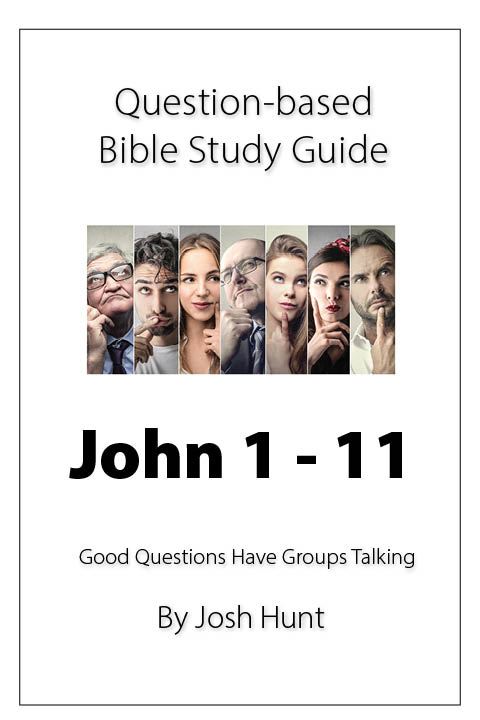John 1 - 11Faith without works cannot be called faith. “Faith without works is dead” (2:26), James insists; and a dead faith is worse than no faith at all. Faith must work; it must produce; it must make itself visible. Verbal faith is not enough and mental faith is insufficient. Genuine faith inspires and empowers godly action. Throughout his letter, James integrates true faith and everyday practical experience by stressing that true faith must manifest itself in works of faith—otherwise, it is not real faith at all. Genuine faith endures trials. Trials are bound to come, but a strong faith will face them head-on and develop endurance. Genuine faith understands temptations. It will never consent to our lusts and thereby slide into sin. Genuine faith harbors no prejudice. For James, faith and favoritism cannot coexist. Genuine faith has the power to control the tongue. This small but immensely powerful part of the body must be held in check—and only grace, working through faith, can manage it. Genuine faith acts wisely. It gives us the ability to choose heavenly wisdom that brings life and to shun earthly wisdom that brings death. Genuine faith produces separation from the world and submission to God. It provides us with the ability to resist the devil and humbly draw near to God. Finally, genuine faith waits patiently for the coming of the Lord. Although troubles and trials cause us grief, faith in the return of Christ stifles complaining. The name Iakobos (James) in 1:1 is the basis for the early title, Iakobou Epistole, “Epistle of James.” Iakobos is the Greek form of the common Hebrew name Jacob. Theme: Genuine faith gets to work on a daily basis by depending on the power of God. Author: Generally agreed that James “the Lord’s brother” (Gal. 1:19) wrote this letter. Date: Probably written before A.D. 50, making it perhaps the earliest book in the New Testament, with the possible exception of Galatians. Structure: James briefly greets his audience (1:1); then instructs them about trials (1:2–20), the nature of true faith (1:21–2:26), the untamable tongue (3:1–12), heavenly wisdom (3:13–18), pride versus humility (4:1–17), warnings to the rich (5:1–6), persevering patience (5:7–12), and miscellaneous matters (5:13–18); and then gives a brief conclusion (5:19, 20). Charles F. Stanley, The Charles F. Stanley Life Principles Bible: New King James Version (Nashville, TN: Nelson Bibles, 2005), Jas. |
If you are wanting to do a particular passage or book study and can't find it, feel free to email me at josh@joshhunt.com21 Laws of Discipleship -- the book -- |



















